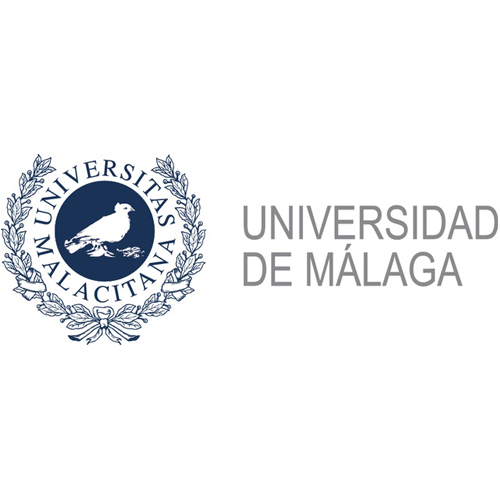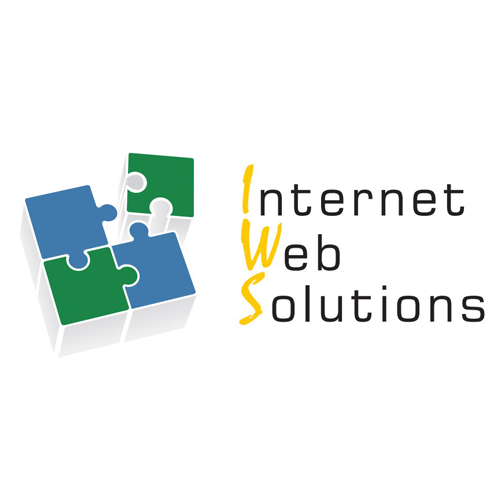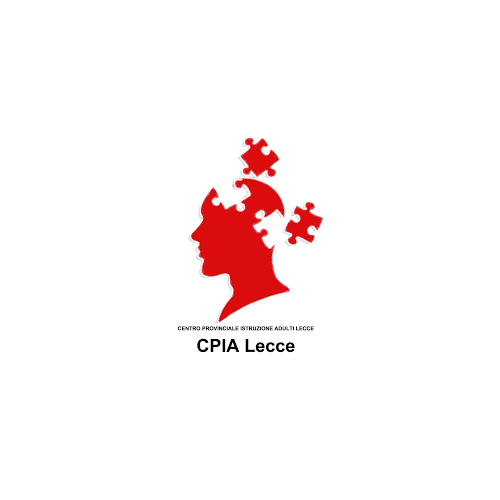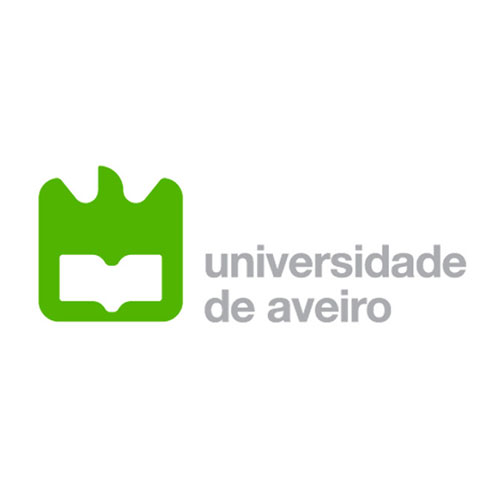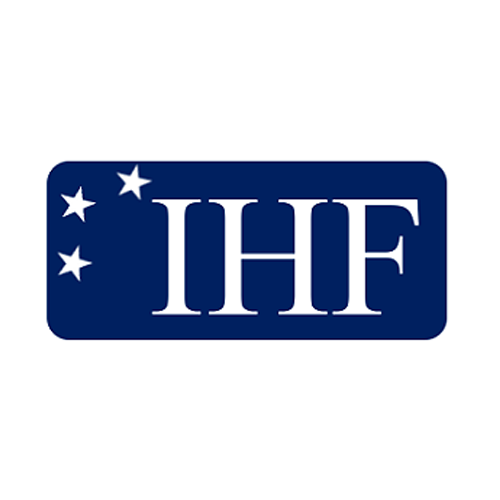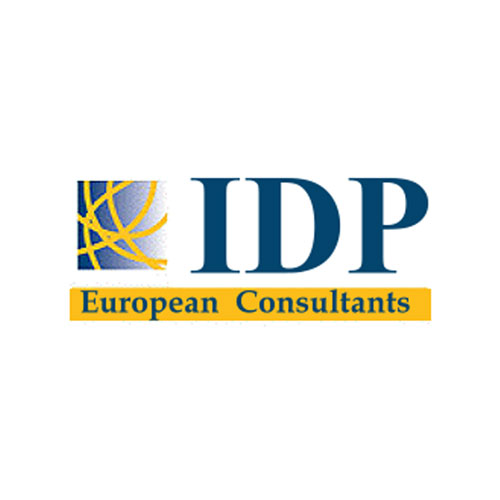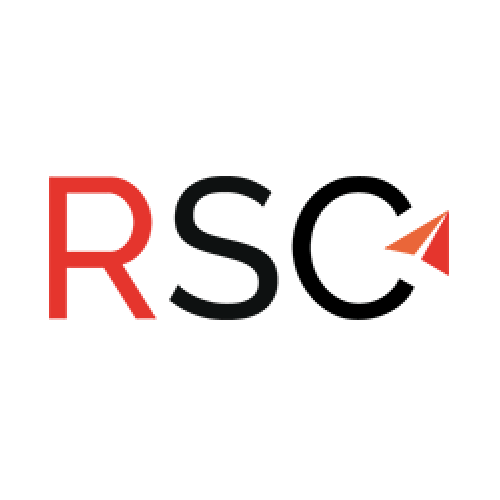Knowledge best practices
Responsible consumption on food
Advanced
Good practices:
Barnana is a sustainable food firm that, as the name implies, upcycles fresh bananas and plantains that would otherwise be thrown away because of their "imperfect" look.
Poor aesthetics were causing organic banana producers to lose 20% of their harvest, which resulted in huge food waste. To ensure equitable salaries, Barnana buys fruits from smallholder and indigenous farmers at prices 30% over market rates, then transforms the discarded bananas into crisps and other foods.
The business is also assisting Indigenous farmers to broaden their use of regenerative farming techniques, which can eventually help to enhance soil health and water quality.
 |
 |
BuyCott is an app available for mobile devices that is able to make purchases consistent with the principles of environmental, social and economic sustainability. Simply bring your smartphone close to the product barcode and view the information that appears on the display. The app is able to determine the type of goods and the company they belong to and is able to reconstruct the entire production chain. Buycott gives the possibility of adhering to a series of campaigns in favour of the environment, civil rights, animals or women's rights: in this way, when the barcode is scanned, the application suggests whether to boycott the product ('boycott') or to proceed with the purchase ('buycott'), depending on whether or not the goods reflect the principles to which one has decided to adhere.
Despite having a large and varied database, there are still many brands and products that are missing. This is why the team of young US programmers who created Buycott urge consumers to report any missing 'pieces' and thus enrich the database.

Good practices:
Alara Wholefoods has been a pioneer when it comes to sustainable food practices and production, being the first cereal company to receive organic certification in 1988 and the first food company in the UK to achieve zero waste in 2008. In order to lessen its influence on the environment, it is still devoted to sustainability and working with plastic-free and biodegradable packaging.
In addition to producing no waste, Alara utilizes only electricity from sustainable resources including hydro, solar, and wind energy and partners with the non-profit Rainforest Saver to offset the carbon in the food it sells.
The program works with local farmers to implement an agricultural technique called Inga Alley Cropping, which during a 20-year lifespan will allow each Inga planted to trap half a ton of carbon.
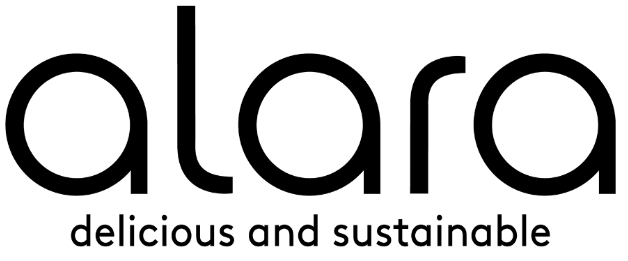 |
 |
Altromercato was created with a purpose: to advance fair trade that values and protects the earth without marginalisation or exploitation. They are currently Italy's top Fair-Trade organisation. Through fair trade and intergovernmental cooperation, they create beneficial effects and opportunities for development all around the world. They create moral supply chains for their raw materials, promoting land use and production practises that protect the environment and its resources because the wealth of nature should be utilised rather than wasted.
They uphold the rights of workers everywhere and keep an eye on the moral standards of fair trade and social sustainability to ensure that they are always upheld. They always pay a reasonable price and guarantee fair reimbursement as a result.
They broaden their understanding of commerce by fusing it with that of cooperation: through the purchases of customers, they directly support initiatives that help the businesses they partner with and the communities where they do business. They operate in accordance with the World Fair Trade Organization's 10 principles (WFTO).

Good practices:
Slow Food International is a global grassroots organization founded in 1989 to prevent the extinction of local food cultures and traditions, to combat the rise of fast food, and to combat people's waning interest in the food they eat, where it comes from, and how our food choices affect the world around us.
Slow Food argues that food is inextricably linked to many other elements of life, such as culture, politics, agriculture, and the environment. We can alter the world by jointly influencing how food is farmed, produced, and distributed via our dietary choices.
Slow Food envisions a society in which everyone has access to and enjoys food that is good for them, good for the farmers who grow it, and good for the environment.
Their method is founded on a culinary idea defined by three interrelated principles: good, clean, and fair.
- Good: high-quality, flavourful, and nutritious food
- Clean: environmentally friendly manufacture.
- Fair: accessible pricing for consumers and fair working and compensation conditions for producers.
 |
 |
FOODTANK the think tank for food. It is a community of healthy, nourished eaters from across the world.
We want to push for change, educate people, and inspire people.
They promote and support environmentally, socially, and economically sound methods of reducing hunger, obesity, and poverty and build networks of individuals, groups, and content to promote changes in the food system. The 7 billion people who must eat each day are the focus of Food Tank. By building a network of connections and information for all of us to use and exchange, they will provide solutions and environmentally friendly ways to alleviate hunger, obesity, and poverty.
Farmers, producers, policymakers, government officials, academics, media, and members of the financing and donor communities may all work together through Food Tank to develop sustainable solutions for our most pressing enviromental and social problems.

Good practices:
Giunko srl, a previous creative start-up and current SME that specialises in the creation of cloud-based solutions for the mobile and web world of the cleantech industry, developed the Junker app.
Customers can use this app to sort their rubbish at home without making mistakes; all they need to do is download it and scan the barcode of the item that needs to be discarded.
Junker disassembles the packaging into its component pieces or materials and directs residents to the appropriate trash cans in their neighbourhood.
 |
 |
Customers can access all of the details regarding the (updated) take-back schedules for various materials in various territories, as well as turn on notifications to serve as reminders, via the app. So far, the Junker app recognises more than 1.5 million products, indicating all collection points in the vicinity: eco-centres, ecological islands, collection points for used clothes to those for waste oil, batteries and medicines.
Go Zero Waste makes it possible to identify shops selling 'unpacked', i.e., packaging-free and plastic-free products, thus incentivising consumers to choose sustainable companies that can make themselves known to potential customers in their vicinity by subscribing to this platform.


